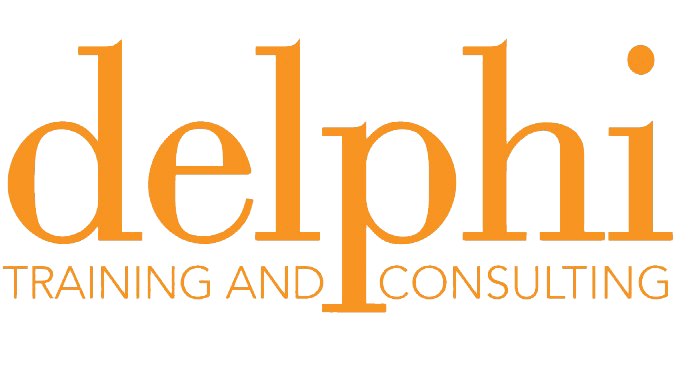
Join our NETWORK
Get all latest news, event updates and access to resources & information.

$45.00 Original price was: $45.00.$30.00Current price is: $30.00.
Dr Susan Hart and Marianne Bentzon, MPF, Denmark, are the creators of a unique and innovative assessment tool, measuring competencies and deficits at autonomic, limbic and prefrontal brain levels. This dynamic assessment tool pinpoints where a competency is undeveloped or unavailable, available to some degree with support, or is a fully developed resource.
There are very few assessment methods capable of measuring emotional skills from a developmental perspective. The developmental perspective is crucial, because emotional skills develop according to the same principle as cognitive skills. First, we acquire the basic skills, which are then gradually developed further and refined in our many interactions with the world around us.
Neuroaffective Assessment (NAA) is a systematic assessment method developed on the basis of NeuroAffective Developmental Psychology (NADP). It is designed for use in assessing the emotional skills of children, young people or adults from a developmental perspective and forms a basis for an intervention plan that both meets the person’s current skill level and supports the person’s diverse needs for developing emotional resources and stabilizing imbalances.
Identifying client’s competency at each level of the brain, allows therapy to target areas of developmental need, and ensure therapy is within the client’s capacities. Periodic assessment guides the course of therapy, providing real-time feedback about challenges and successes.
In this conversation with Dr Hart, she will explain how the Neuroaffective Developmental Assessment works, outline the three levels of competencies and share examples about tailoring therapeutic strategies for adults and children.
A short video clip will demonstrate the assessment process, accompanied by an overview of the questions that explore competencies at each level of the brain.

Susan Hart, PhD, is a Danish psychologist, specialist and supervisor in psychotherapy and child psychology. With a background in child psychiatry, family and adult therapy, Susan is in private practice. She is the originator of NeuroAffective development psychology, an understanding based on modern brain research that she began to develop three decades ago by linking neuroscience with trauma research, attachment theory and developmental psychology.
Susan is the author, co-author and editor of 14 books on trauma, dissociation and NeuroAffective developmental psychology and psychotherapy. Four of her books have been translated and published in English. Together with colleagues she has also developed two developmental programmes, one for children’s groups and one for parent’s groups.
Susan presented for Delphi in 2017 and 2021. Her 2021 webinar is available On-Demand.
Delphi Training and Consulting acknowledges Aboriginal and Torres Strait Islander Peoples as the Traditional Owners and Custodians of the lands and waters which we share. We pay our respects to Elders past, present and future. We acknowledge and recognise it is the oldest living culture in the world and that sovereignty has never been ceded. It always was and always will be Aboriginal land.


Delphi is an inclusive and safe organisation. We respect, celebrate and support diversity, the inclusion of children, young people and adults from LGBTQIA+ communities, people with disabilities, people from CALD backgrounds and people with diverse religious beliefs or affiliations.


Get all latest news, event updates and access to resources & information.
Fill in the form below to generate your student account, if you already have an account please contact Delpi Training & Consulting directly